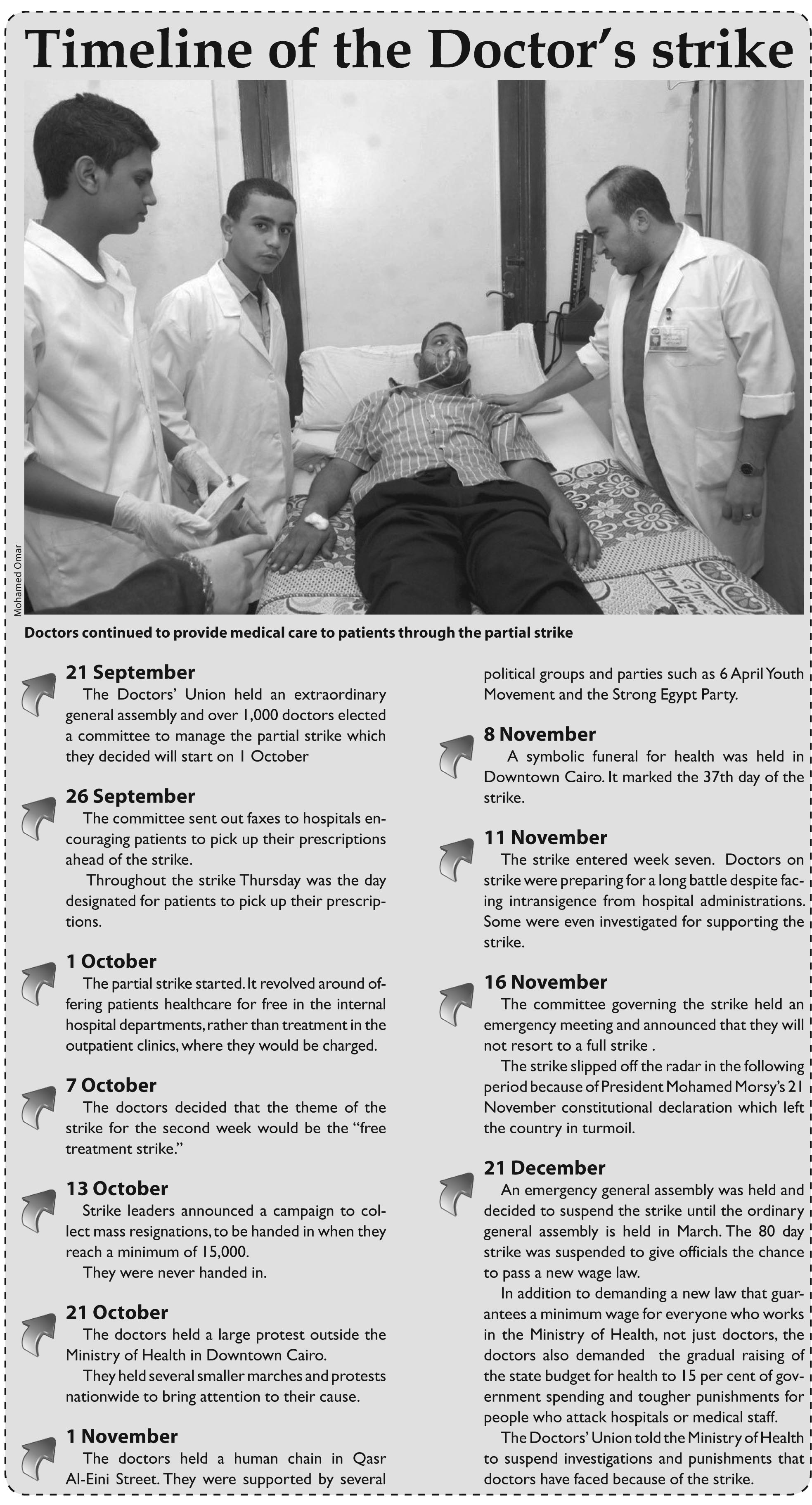
(AFP PHOTO / KHALED DESOUKI)
Minister of Transitional Justice Ibrahim El-Heneidi proposed Wednesday several amendments to the anti-terrorism law to the cabinet, in terms of procedures and penalties.
The amendments include: decreasing the duration of trials related to terrorism charges; increasing privileges of police officers to arrest civilians on terror suspects; and allowing the prosecution to undertake surveillance on suspect individuals.
“Those amendments will greatly affect those who were handed sentences, there will be revenge from all suspects,” Fatma Serag, head of legal unit at Association of Freedom of Thought and Expression (AFTE), told Daily News Egypt.
According to Serag, concerns regarding the law are not new, but at least it was possible to document violations. However, after the amendments there will now be no room for criticism, since all judicial decisions will be “justified by revenge”.
“We are very concerned towards allowing the prosecution to monitor citizens’ calls and emails without regulating this power or requiring permission,” she added.
In January, El-Heneidi presented a new draft of the anti-terrorism law pending revision. It outlined a five-year prison sentence for building or using a website to promote terrorist ideas and actions; transmitting delusional content to the official authorities; and exchanging messages or orders of terrorist groups.
Funding terrorism was also a major focus of the new draft law, as it sets a sentence of life imprisonment for the crime of funding a terrorist. It also sets the death penalty for funding terrorist groups. Whoever establishes, leads or organises a terrorist group will be either be given life imprisonment or handed a death sentence.
The new amendments are being reviewed by the cabinet, however state-run newspaper Al-Ahram reported on Tuesday that Prime Minister Ibrahim Mehleb had met with El-Heneidi to receive the draft of the new anti-terror law. A new 52-article anti-terrorism law is expected to be reviewed giving new definitions for “terrorist crimes”.
Reportedly, Article 65 would be amended so that the appeal court can directly and instantly decide on appeals presented in verdicts of terrorism cases, without returning the case to the court which gave the sentence. Instead, it would pass through two specialised committees.
Those amendments come after the assassination of Prosecutor General Hisham Barakat on Monday in a bomb explosion outside his house. During his funeral, President Abdel Fattah Al-Sisi said: “We will amend the laws as soon as possible, in a few days, the laws will be reviewed including the penal code in light of current events we are facing.”
“We will not stay for five or 10 years trying people who are meanwhile issuing killing orders for us behind bars, and we are here respecting the law. We are ready to proceed with any executions and life sentences,” he added.
Despite their different backgrounds, the majority of lawyers, however, agreed that such amendments would negatively affect the independence of judiciary.
Mohamed Damaty, former board member at the Lawyers’ Syndicate, told Daily News Egypt: “Despite the fact that we respect the Prosecutor General and we condemn what happened to him, I am against any amendments that will strip the defendants from their basic rights during the trial regardless of their charges and their affiliations, this is against the judicial standards.”
The judiciary is supposedly an independent entity and nobody is allowed to incite the judges towards giving any sentences, Damaty said. He added that whoever thinks the security solution and crackdown on freedoms is what Egypt currently needs, will lead the country to another Libya or Syria.
“There is failure in the policies used to counter terrorism, I expect there will be state of emergency announced soon and exceptional procedures will be taken in this regard,” Damaty said.
Similarly, Nasser Amin, who works as a lawyer with the state-run National Council for Human Rights (NCHR), told Daily News Egypt: “Personally, I am against any kind of amendments that would be reviewed in terms of revenge or reaction. Rather, I believe the entire criminal justice system should be strategically developed.”
Amin recommended those amendments in ramping up executions verdicts should be done in a way that does not affect the judicial standards or the rights granted to defendants during their trying period or their right to appeal.
Egypt has been engaged in “war on terror” against Islamist groups with increasing bloodshed and revenge following the political and security turbulence of 2013, ranging from an violent insurgency in North Sinai to arrests and death sentences in Cairo.
Six defendants who were charged with forming a terror group called “Arab Sharkas” were executed in mid-May, a day after two judges were killed in north Sinai by militants. Nearly 3,977 have so far been arrested in 2015 on charges of belonging to the banned Muslim Brotherhood group, according to official Ministry of Interior reports.



